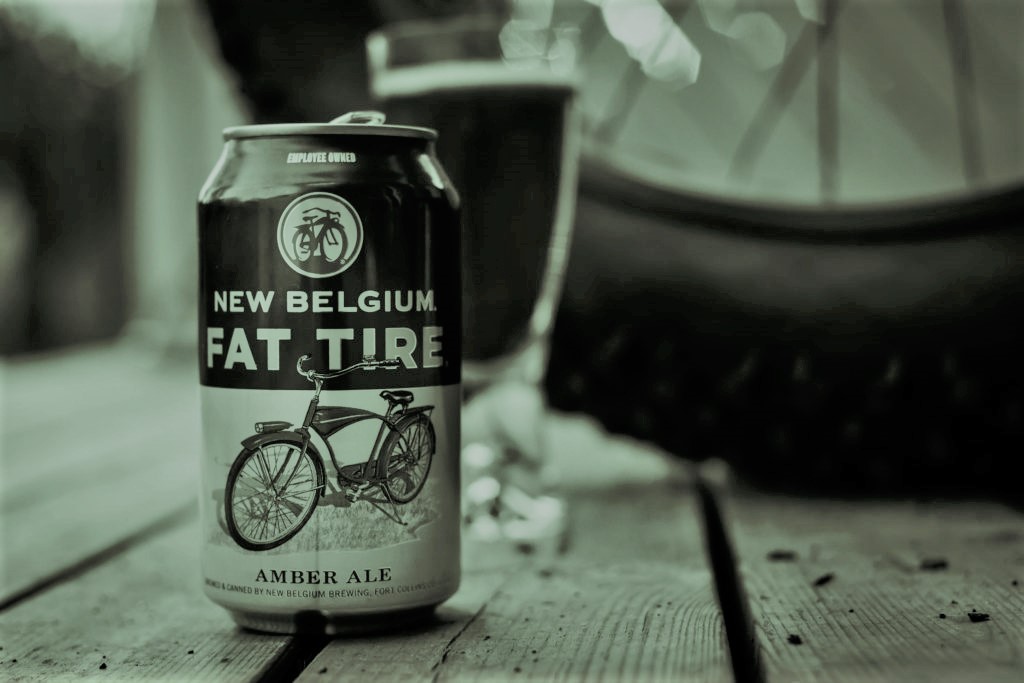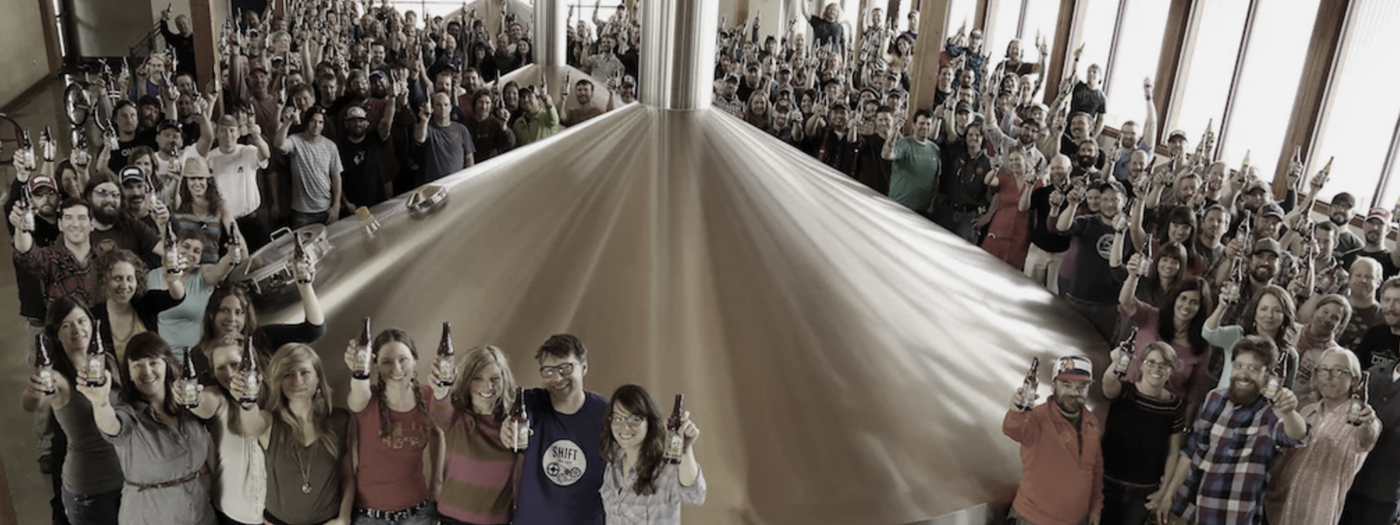New Belgium’s decision to sell to Kirin Holdings is significant, not because it is unusual — ESOP company sales are a frequent occurrence. Yet it has caused great consternation, because the employee ownership community has lost a leader. More importantly, however, the sale of New Belgium represents a key weakness of our community—we do not have a capital ecosystem that can keep ESOPs employee owned.
Fundamentally, one’s view of whether this is a tragedy or simply the normal course of business depends upon one’s view of ownership. If being an employee-owner means you are the caretaker of a community asset, with a responsibility to ensure the business thrives during your tenure and the business will be there for future generations, then the sale of any employee-owned company, and the risk that the focus on workers and community will be lost, is a disappointment.
It must be said that New Belgium did employee ownership right: from employee engagement and environmental sustainability to building job quality into their business strategy and fostering employee ownership in the craft brewing sector. Given this, it is not fair to characterize the sale as a failure on the part of the business. The primary reason Kim Jordan, New Belgium’s Chief Operating Officer and co-founder, gave for dissolving the ESOP was capital. As she stated in an open letter to employees, “…we found that options to raise capital while being an independent brewer weren’t realistic for us.” We should take her at her word — New Belgium is a financially strong and innovative company and we can rest assured that other options were explored and found lacking. In this sense, the decision to sell was an attempt to ensure intergenerational survival.
If being an employee-owner means you are the caretaker of a community asset, with a responsibility to ensure the business thrives during your tenure and the business will be there for future generations, then the sale of any employee-owned company, and the risk that the focus on workers and community will be lost, is a disappointment.
This decision will have consequences, however. There will be no grand payout for the next generation of workers, and for firms considering an ESOP, this is a signal that employee ownership isn’t sustainable in a tumultuous economy, so maybe it isn’t the best option to pursue. When a successful company with a real commitment to workers and the environment can’t survive as an employee-owned firm, the employee ownership community must ask, what aren’t we doing right?
We have built, and continue to improve, the ecosystem to promote employee ownership and we have a robust ecosystem to support the development of ownership culture. Yet, in the 45 years since federal recognition of ESOPs, we have yet to build an accountable capital ecosystem equipped to ensure companies remain employee owned. There are a handful of funds doing extraordinary work in this arena, yet the capital dedicated towards employee ownership is insufficient.
This should be a wake-up call. While employee ownership is a great boon for millions of workers, when it is merely a way station, we lose a real opportunity to leverage our collective power to make real transformative change in our society. Employee ownership must become more than a community of practice, we must marshal our resources and become a movement for positive social change — a movement that leverages the enormous power of broad-based ownership rooted in community and builds the systems to ensure that every community can benefit. This will require shifting priorities to engage businesses and their employee-owners in a new way, along with marshaling our political heft in new and different way. It is the right and necessary thing to do and it is possible.
David Hammer is executive director of The ICA Group, the country’s oldest organization dedicated to democratic employee ownership whose mission is to change the nature of work by creating businesses and institutions that center worker voice, grow worker wealth and build worker power.




















